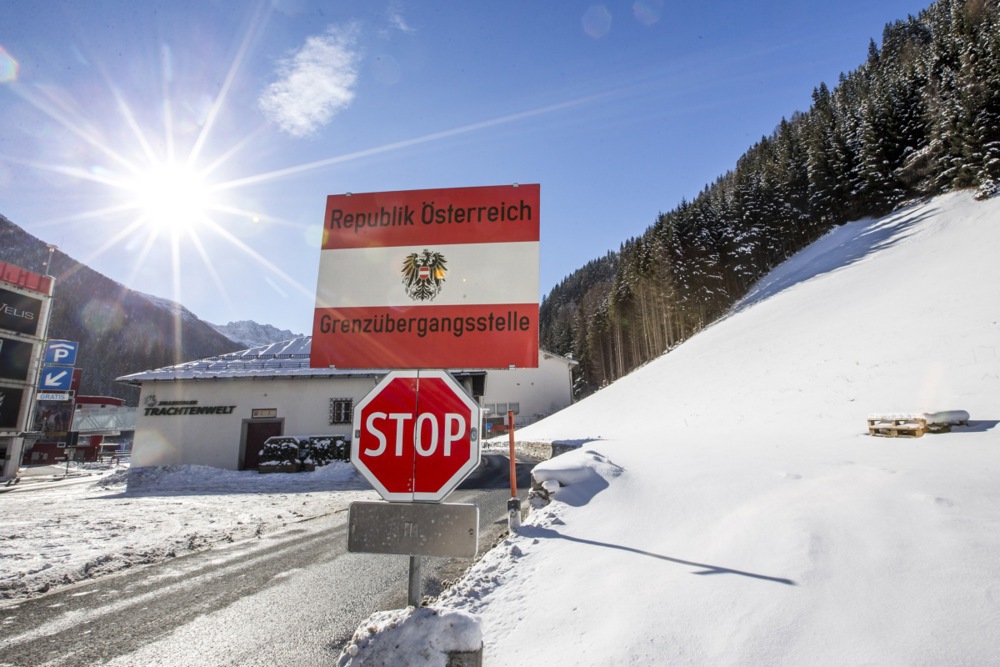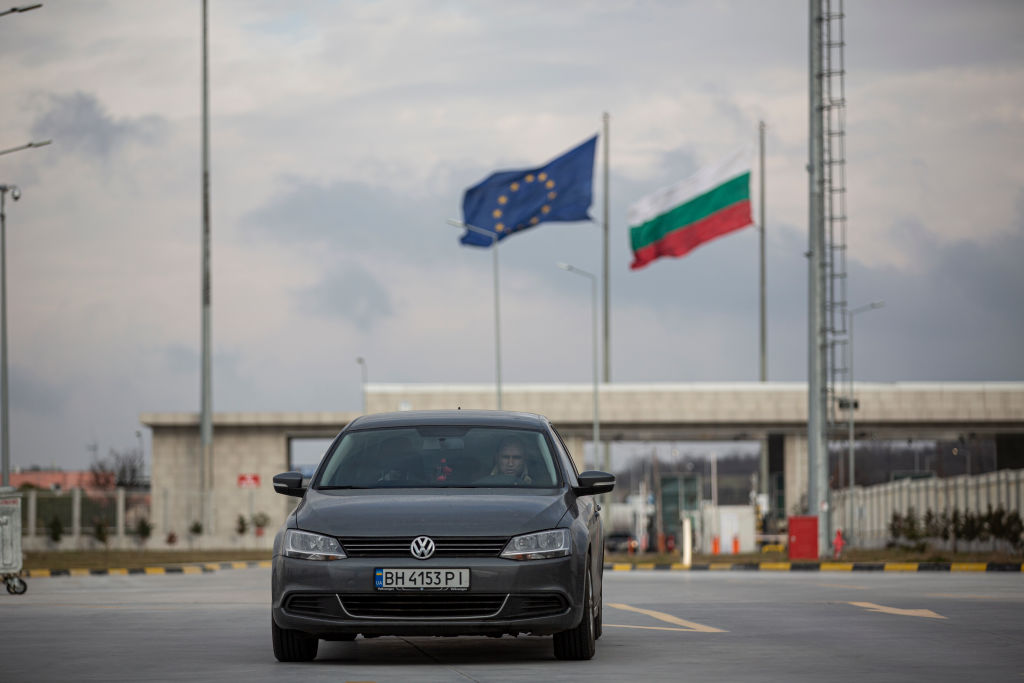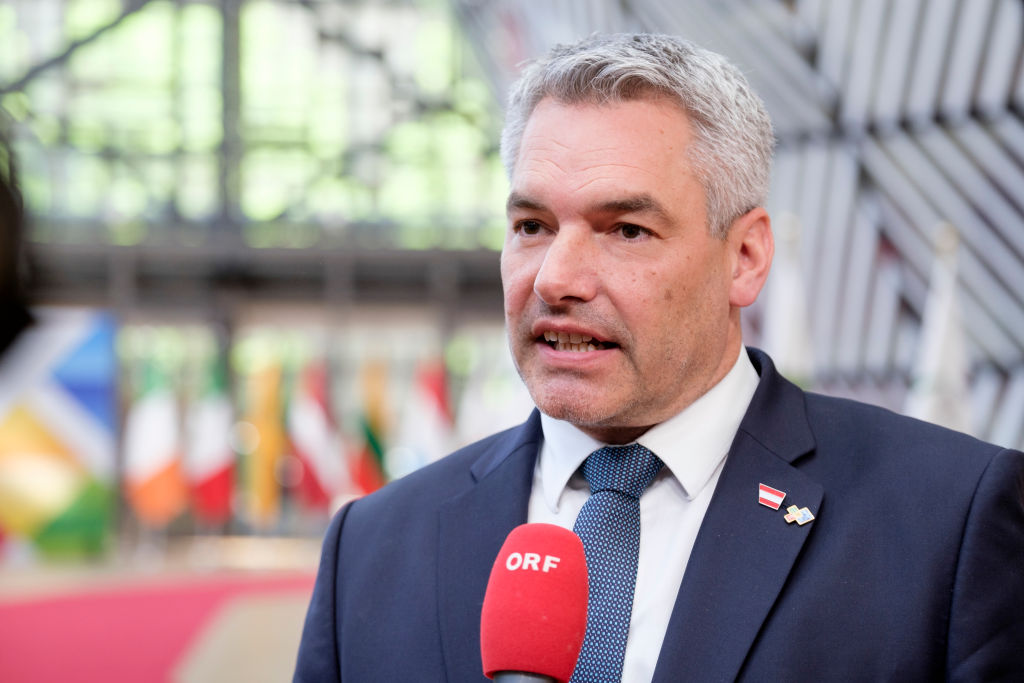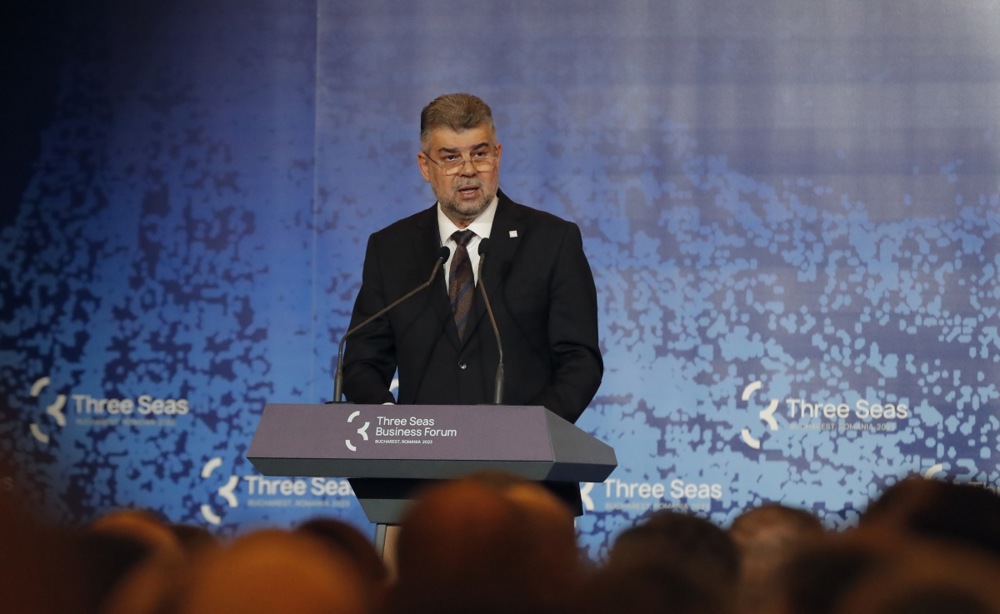Romania and Bulgaria have joined the Schengen common travel area despite ongoing concerns over non-European Union migrants.
Austria was the main opponent to the two countries joining the bloc, with Vienna expressing concern that loosening border-control requirements would further expose the EU to increased illegal inward migration.
Such concerns have been bypassed for now, with the March 30 deal seeing Bulgaria and Romania only partially entering Schengen.
Today, Bulgaria and Romania join the Schengen family.
I welcome the lifting of internal air and sea border checks.
This is a great success for the people of both countries.
It also benefits millions of EU citizens across Europe.
Making the Schengen area even stronger.
— Ursula von der Leyen (@vonderleyen) March 31, 2024
Under the deal, passport checks will only be lifted at air and sea borders, with restrictions to remain in place for land journeys.
This has not stopped EU leaders celebrating the change. European Commission President Ursula von der Leyen heralded the shift as “a historic moment for the Schengen area” and “a great success for both countries”.
Margaritis Schinas, the bloc’s so-called “way of life” Commissioner, described the two nations’ accession as being “overdue”.
“I wholeheartedly congratulate both countries for all the hard work you have done to get here,” the Greek politician said.
“We will continue to walk every step of the road forward together.”
With the start of the new year, citizens of Kosovo can travel without visas into the Schengen Area. https://t.co/EOJCv9Znbh
— Brussels Signal (@brusselssignal) January 2, 2024
Politicians from Bulgaria and Romania have expressed support for the implementation of this so-called “air Schengen” deal. Romanian MEP Siegfried Muresan documented his first passport-free trip on X.
“Only 5 minutes! This is how much time it took me to get to the boarding gate since I entered [Bucharest’s] Otopeni Airport,” the European People’s Party politician wrote at one point during his trip.
Only 5 minutes! This is how much time it took me to get to the boarding gate since I entered Otopeni Airport.
From today on, we can travel by plane from #Romania to #Schengen countries without passport control.#RomaniaInSchengen pic.twitter.com/mr3P7pw5kI
— Siegfried Muresan ???? (@SMuresan) March 31, 2024
“Last year alone, over 13 million passengers from Romania travelled to or from a Schengen country. Now, they can fly in Schengen without passport control.”
Others remain insistent that both countries should become fully fledged members of the bloc.
“Our efforts to also join with land borders is continuing on multiple diplomatic channels,” Romania’s Interior Minister Catalin Predoiu said.
Austria is determined that such privileges should not be handed to either country amid the current mass-migration crisis. Chancellor Karl Nehammer’s Government is fearful that both nations could be used by illegal migrants looking to gain entry to Western Europe.
This has been rejected by Romanian representatives, who claimed data gathered by EU external border agency Frontex showed would-be asylum seekers were largely not using either country to enter Europe.
Romanian haulage firms’ drivers are still forced to go through passport checks when they enter Schengen countries, with wait times at Romania’s Hungarian border said to last up to 16 hours on some days.
Radu Dinescu, the Secretary General of Romania’s UNTRR road transport union said: “Romanian hauliers have lost billions of euros every year just because of long waiting times at borders.”
Polish Prime Minister Donald Tusk has railed against the EU’s migration pact, saying the deal prevented his country from dealing with migrant streams from Russia and Belarus.https://t.co/PhbR2yvFP0
— Brussels Signal (@brusselssignal) March 29, 2024





